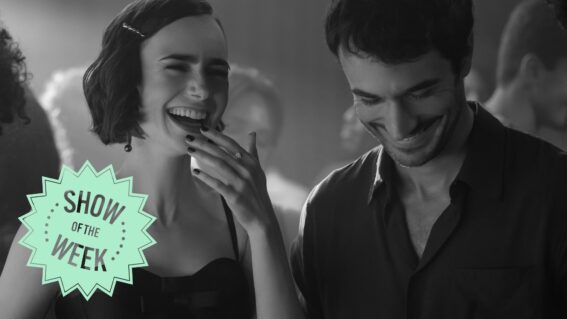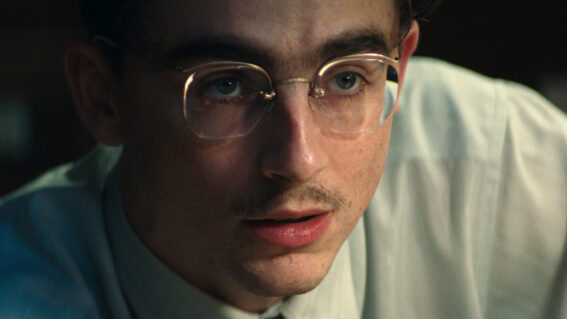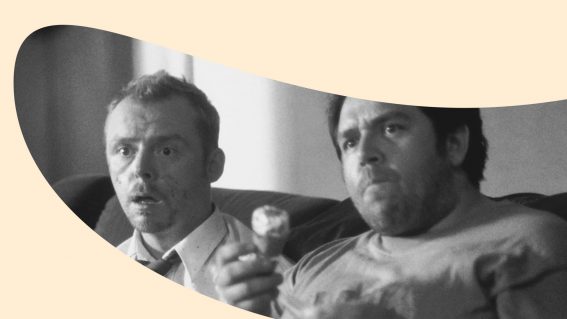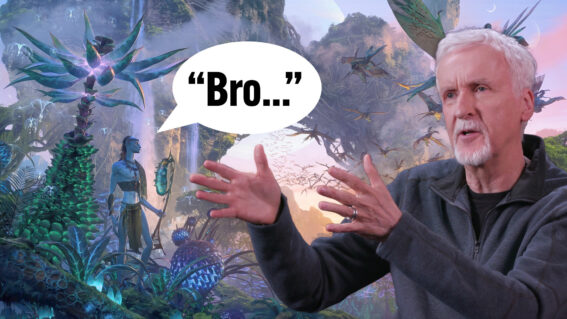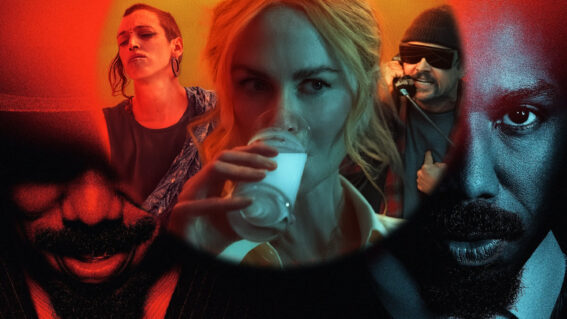More tortured trauma than The White Lotus: Nine Perfect Strangers returns
Nicole Kidman is back, “treating” a new set of nine patients, and reliving their trauma.
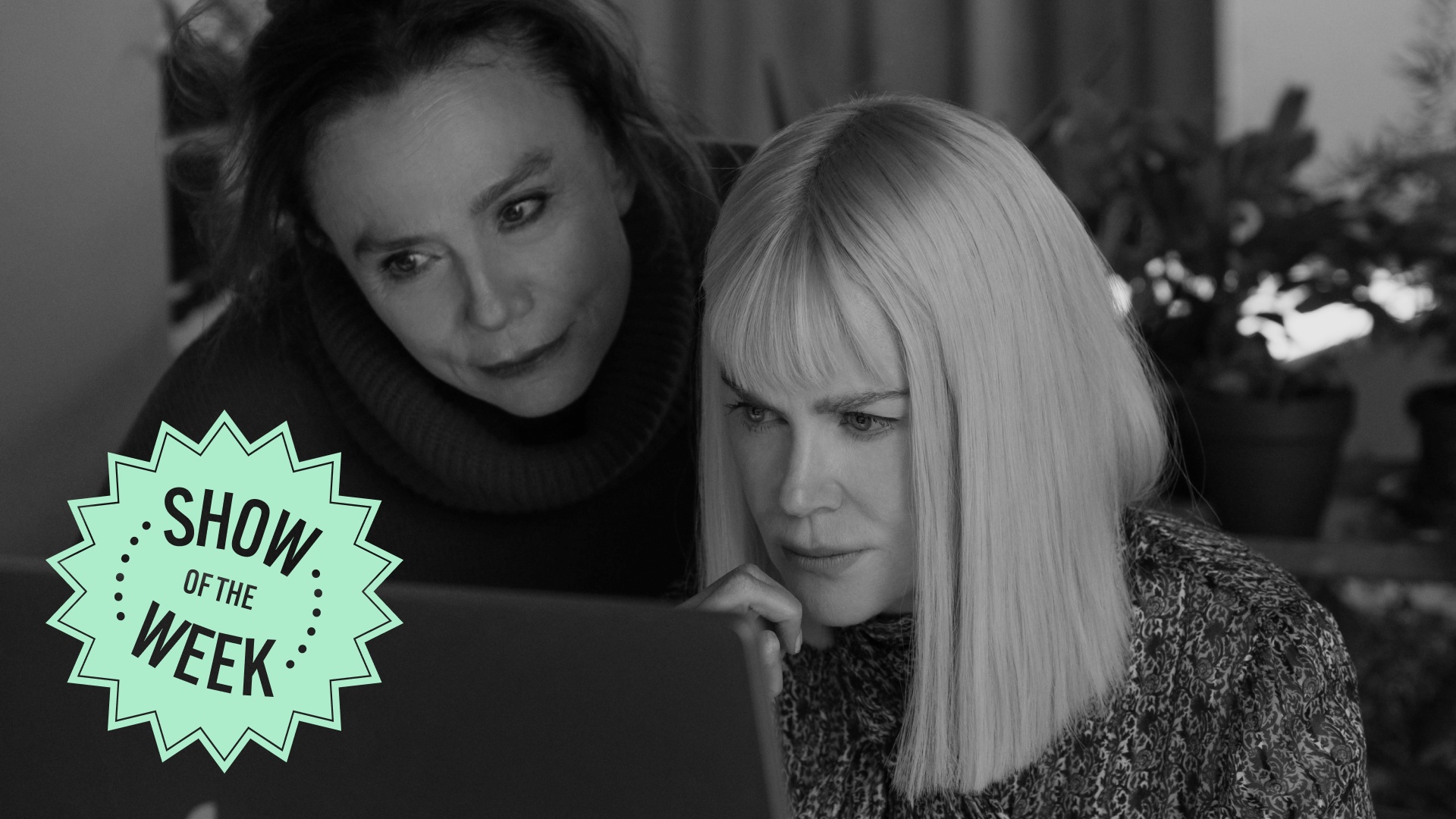
Clarisse Loughrey’s Show of the Week column spotlights a new show to watch or skip. This week: The return of Nicole Kidman in season two of Nine Perfect Strangers.
Nine Perfect Strangers: Season 2
Artists no longer decide when the story is over. Money does. It doesn’t matter that Prime Video’s Nine Perfect Strangers (on Hulu in the US) was intended to be a limited series adaptation of a book by Big Little Lies and Apples Never Fall’s Liane Moriarty, the author everyone seems to be turning to when it comes to soap opera material with a veneer of prestige. It was the most-watched Hulu original on its premiere. Of course there would be more.
Reviews were mixed. It came nipping at the heels of Mike White’s The White Lotus. The comparisons did it no favours. Both isolated its little cabal of wealthy eccentrics in a verdant paradise and then exposed them for all their vanity and greed, only Nine Perfect Strangers kept falling for the easy seduction of handing its A-list actors (among them, Michael Shannon and Melissa McCarthy) pages and pages of tortured trauma dumps. Season two comes nipping at The White Lotus’s heels once more. What terrible timing this show has.
Related reading:
* Show of the Week: French historical espionage and gastronomy get saucy in Carême
* Show of the Week: With Netflix’s The Leopard, Italy now has its own The Crown
* 10 shows arriving in May that we’re excited about
Somewhere off screen, McCarthy’s Frances Welty has written a best-selling novel about the dubious therapy practiced by Masha Dmitrichenko (Nicole Kidman), the ambivalently Russian-accented head of the Tranquillum House wellness retreat, who (sometimes consensually, sometimes not) doses her patients with psychedelics until they start reliving their worst traumas. Masha, naturally, has cashed in on all the controversy (and lawsuits) it’s caused.
And now, she’s off to the Alps, welcoming in a new set of nine patients at an institute run by her former mentor, Helena (Lena Olin). She’s promised Helena’s son, Martin (Lucas Englander), she’ll play by the rules this time. Wink wink. Kidman cocks one of those elegantly plucked eyebrows of hers, as her eyes twinkle like she’s hiding a box of Turkish delight up one of her voluminous sleeves.
There are meaty questions to be asked here. How necessary is it to relive trauma in order to heal from it? Do these patients, these people whose wealth shields them from so much strife, actually want to be rid of their demons? Or does prodding at the wound give them the same sense of dangerous thrill as parachuting out of a plane?
But, it’d be naive to expect Nine Perfect Strangers to show an interest in the “why” of this situation. That’s something to bother the guests at The White Lotus about. Class consciousness, the ethics of psychiatry, modern society’s fascination with trauma—those themes exist only as seasoning, the nutritional yeast to sprinkled over a fast food meal. There’s just enough there that you can lie to yourself that Nine Perfect Strangers is about something.
In reality, it’s about nothing more than the performance of anguish. Season two has a strong ensemble, though no one here quite matches Shannon’s unfussy brilliance. Murray Bartlett plays washed-up children’s entertainer Brian; Annie Murphy and Christine Baranski are Imogen and Victoria, a verbose but emotionally constipated mother-daughter duo; Dolly de Leon is Agnes, a retired nun; musician King Princess and Maisie Richardson-Sellers are Wolfie and Tina, a former piano prodigy with a creative block and her frustrated girlfriend; Aras Aydın is Matteo, Victoria’s latest plaything; and Mark Strong and Henry Golding are David and Peter, a billionaire and his neglected son.
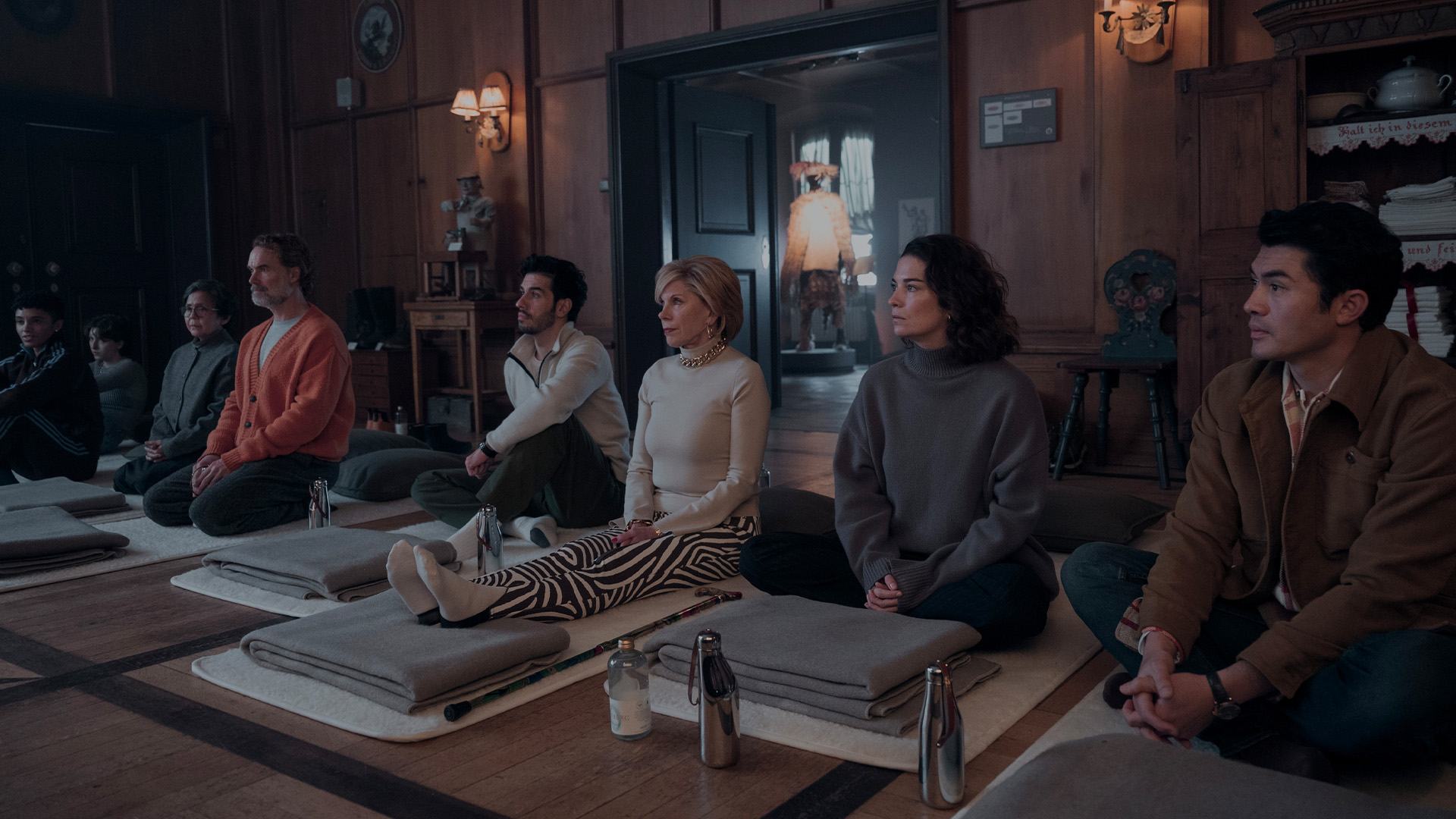
These are actors that, under the right circumstances, would be game for anything and everything. But creator David E. Kelley, whose previous work with Kidman, Big Little Lies and The Undoing, indulged regularly in soapiness, has lost control of what Nine Perfect Strangers is meant to be. It’s silly and tedious in the same breath.
Masha’s psychedelics function as the precursors to monologues, which are in turn constructed out of individual lines that walk out with the confidence of a mic drop, yet bear nothing of any real substance.“You’re a generation of whiny, judgemental, sanctimonious little tattle tales!” Brian spits at the millennial Imogen. It’s said to be said. The series never provides any closure on this point.
The psychedelics, also, are here to usher in wacky hallucination scenes, in which the camera ends up as intoxicated as its subjects. That’s how we end up with a scene in which two characters are dressed in lederhosen and a dirndl, looking as if they’re about to burst into The Lonely Goatherd from The Sound of Music, which then cuts immediately to another character sobbing their eyes out, confessing to some terrible act and begging for absolution. There’s mention of a war zone and war crimes, but no one ever bothers to explain what war we’re talking about and what the political context here might be. Who cares! A little bear puppet is talking now, we’ve moved on.
There are connections between characters delivered as end-of-the-episode twists, since this show is still insisting it’s a mystery series of some sort. Some of these involve drastically rewriting Masha’s own backstory so more secrets can be stuffed inside that beautifully bewigged head of hers, meaning none of these revelations feel satisfying because we’ve had to be fed so much new information just to facilitate them. Really, Nine Perfect Strangers would be better off if it were simply more honest about its own absurdity. Hell, we’ve already had one puppet. Let Masha treat the cast of the Muppets next.







